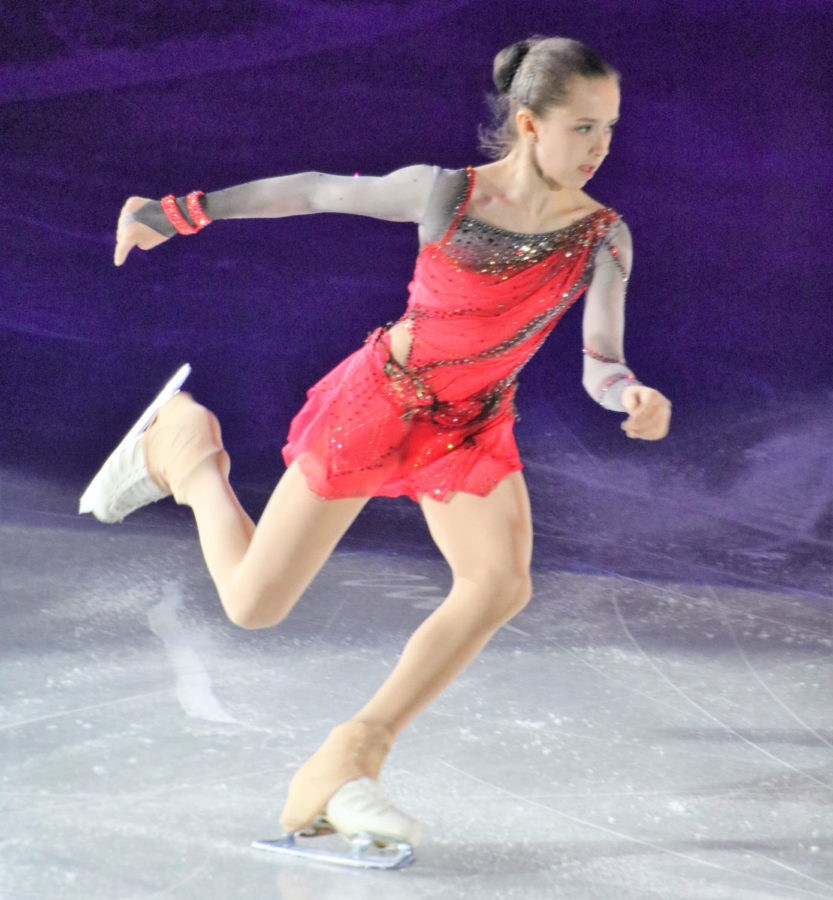Russian Figure Skater Caught Doping
Russian Olympic Figure Skater, Kamila Valieva has tested positive for a performance-enhancing drug.
15-year-old Kamila Valieva is a Russian figure skater that has recently tested positive for performance-enhancing drugs at the 2022 Winter Olympics.
February 17, 2022
Throughout many years the athletes representing the Russian Olympic Committee have dominated the Winter Olympics. Even though Russia has been known to create incredible athletes, the nation’s Olympic committee has been caught doping several times.
15-year-old Russian figure skater, Kamila Valieva, tested positive for a banned heart medication called Trimetazidine on December 25, 2021.
According to The New York Times, The test sample was sent to a testing lab in Sweden and was reported back as positive soon after. The skater had previously been suspended by the Russian Anti-Doping Agency on February 8, but the decision was later appealed.
Trimetazidine is a heart medication that prevents angina attacks and treats several symptoms of Vertigo. The drug increases blood flow and increases the athletes heart rate. With this drug in her bloodstream, Valieva would have more adrenaline and endurance. Trimetazidine is not permitted in the United States and is considered a performance-enhancing drug.
After the International Olympic Committee and the International Skating Union received word of the positive test, they began a review to determine if Valieva would be permitted to compete for a medal in Beijing.
According to The Washington Post, Valieva is coached by Eteri Tutberidze, who has been criticized for her harmful methods and techniques. It has been recorded that Tutberidze’s students leave the Figure Skating scene with severe injuries and harmful eating disorders. The Russian coach’s athletes have been found to have short and painful careers.
Valieva is considered a “protected minor,” which complicated where the blame for the positive test should be placed. It was uncertain if her age exemplifies her from taking responsibility for the positive doping test.
According to ESPN, Valieva was cleared to compete in the short program on Tuesday, February 15. The Russian skater stated that she was mentally tired but excited to be allowed to move forward with her program.
The IOC has confirmed that if Valieva finished with a gold, silver, or bronze medal, there will be no medal ceremony.




